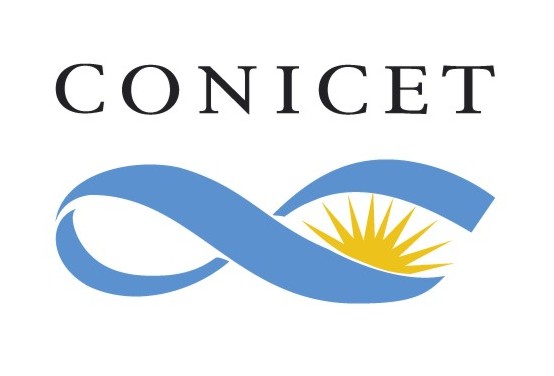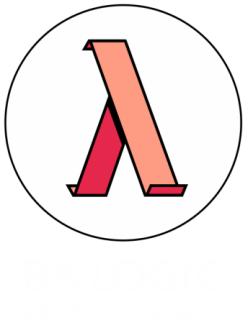December 13, 2024
Argentinean Society
of Philosophical Analysis (SADAF)
Buenos Aires, Argentina
Agustina Borzi (IIF-SADAF-CONICET)
Andreas Fjellstad (University of Padua)
Camillo Fiore (IIF-SADAF-CONICET)
December 13 (Friday)
14:00 – 15:00 (GMT-3): Andreas Fjellstad: “How to follow the omega-rule”
15:00 – 16:00 (GMT-3): Camillo Fiore: “Formula-formula sequent calculi for classical and (dual) intuitionistic logic”
16:00 – 17:00 (GMT-3): Coffee break
17:00 – 18:00 (GMT-3): Miguel Álvarez Lisboa: “Natural deduction for all the logics of the strong Kleene family”
18:00 – 19:00 (GMT-3): Agustina Borzi: “Sequent calculi for Variable Inclusion Logics”
Miguel Álvarez Lisboa: “Natural deduction for all the logics of the strong Kleene family”
Strong Kleene logics are very popular nowadays. The so-called family of “Strict-Tolerant” logics and their variations were primarily studied from an algebraic and model-theoretic perspective. Soon afterwards, several proof-theoretic presentations were introduced: several sequent calculi, and even a Tableaux system. Yet a Natural Deduction presentation is still missing. This work fills that gap. I introduce a system of labeled Natural Deduction called NST, that recovers the logics ST, TS, LP and K3, and NSK, that includes the “other” relatives. I provide proofs of soundness and completeness.
Agustina Borzi: “Sequent calculi for Variable Inclusion Logics”
In this talk we discuss variable inclusion logics and explore both existing and novel refinements of these systems. In variable inclusion logics validity requires (with certain exceptions) that the propositional variables occurring in the conclusion are included among those appearing in the premises, or vice versa. A prominent example is Paraconsistent Weak Kleene (PWK) logic and its paracomplete counterpart. We then introduce some ‘refined’ variable inclusion logics proposed in the literature, where the inclusion requirement is more strict, and we also set forth a new refinement, termed the analytic and synthetic companions of CL. We characterize the systems in this family proof-theoretically, via a two-sided sequent calculus.
This is joint work with Martina Zirattu.
Camillo Fiore: “Formula-Formula Sequent Calculi for Classical and (Dual) Intuitionistic Logic”
Recently, Ceragioli argued that the project of logical inferentialism should be carried out in a single-premise and single-conclusion framework. The author provided natural deduction calculi for propositional classical and intuitionistic logic, and showed that the calculi in question satisfy reasonable meaning-theoretic restrictions. Contributing to the project of formula-formula inferentialism, in this work we provide formula-formula, cut free sequent calculi for first order classical, intuitionistic and dual intuitionistic logic. We also argue that the calculi in question satisfy reasonable meaning theoretic restrictions.
This is joint work with Leonardo Ceragioli.
Andreas Fjellstad: “How to follow the omega-rule”
The infamous omega-rule is extremely practical from a proof-theoretical perspective but extremely problematic from a philosophical perspective. After all, how can we, as finite beings, apply a rule on infinitely many premises? Whereas the typical criticism against the possibility of following the omega-rule has a top-down flavour, being based on fundamental presumptions from epistemology and metaphysics as opposed to actually consider applications of the rule in practice, this paper presents and analyses two concrete applications of the omega-rule where it suffices to establish by an inductive argument in the meta-theory that a particular recursive function provides a premise for each natural number. The difficulty in following the omega-rule then, reduces to that of proving that there is such an appropriate recursive function.
Eduardo Barrio (IIF-SADAF-CONICET / UBA)
Aylén Bavosa Castro (IIF-SADAF-CONICET / UBA)
Camillo Fiore (IIF-SADAF-CONICET / UBA)
Camila Gallovich (IIF-SADAF-CONICET / UBA)
We are thankful for the support provided by CONICET (Consejo Nacional de Investigaciones Científicas y Técnicas, Argentina)

